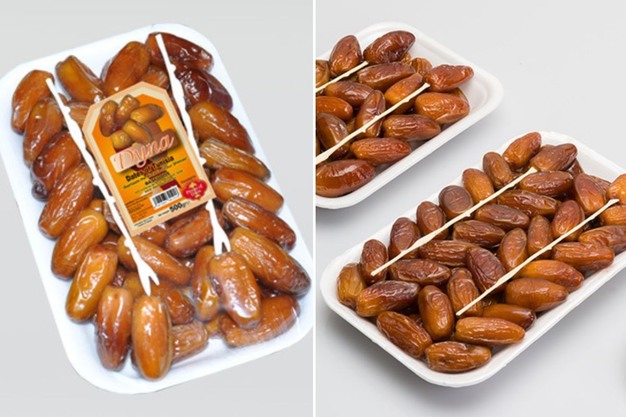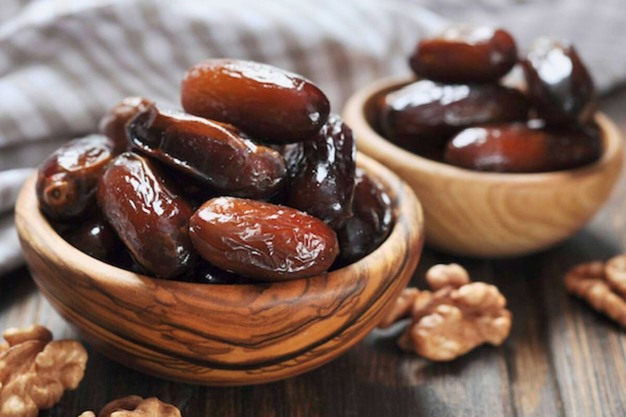The Tunisian deglet nour campaign suffered from slow demand following production problems and a drop in quality this season. The period from January to March, a commercial window to supply key markets for the month of Ramadan, was a missed opportunity this year. "The season is simply not profitable, and we have been exporting with no margin for the sake of staying on the market," regrets Ghazi Roussi, CEO of The House of Dates.

As a reminder, the situation in January was already bleak. Excessive rainfall in Tunisia between August and November caused more fermentation and infestation in dates than usual, resulting in a loss of 30-40% of annual volumes and a drop in quality. The country mainly produces and exports the famous Deglet Nour variety, which is very popular in many markets. Quality concerns have discouraged importers this year, and rising production costs in Tunisia have further complicated matters.
Ghazi says, "Since January, the campaign has unfolded without much surprise. The increase in the cost of sorting has made our dates less competitive while purchasing power is down in our destination markets, Europe and Morocco. Export volumes have consequently fallen. We could only increase our prices by 3-5%, less than enough to keep up with costs, and we resigned ourselves to an unprofitable campaign."

The difficulties encountered in Tunisia have turned to the advantage of other origins such as the Gulf countries and Egypt. Ghazi comments: "Producers in these countries benefit from direct and indirect subsidies. Their subsidies alone even exceed our total margins. It's quite normal for them to replace us in these difficult circumstances. However, I believe this is circumstantial. The deglet nour is much more appreciated on the markets than the alternative varieties that have replaced it this season. The context of global inflation coupled with production difficulties has favored volume dates at low prices. If consumers are resigned to buying them, it won't be for long, and deglet nour will regain its place when conditions are more favorable for producers and consumers alike."
"The campaign wasn't catastrophic either," the grower continues. "In the Moroccan market, for example, fewer Algerian dates were able to penetrate, which mitigated competition. The small volumes that made it in before Ramadan were sold in bulk, without packaging or sorting. In Libya, the drought had an impact on producers and there was more demand for Tunisian dates."
"All in all, we came through without losses, and without profit either, despite the extreme conditions. The most important thing in these conditions is to hold our ground in the market," Ghazi concludes.
For more information:
Ghazi Rouissi
The House of Dates
Tel: +216 20 305 240
Email: manager@thehouseofdates.com
www.thehouseofdates.com
